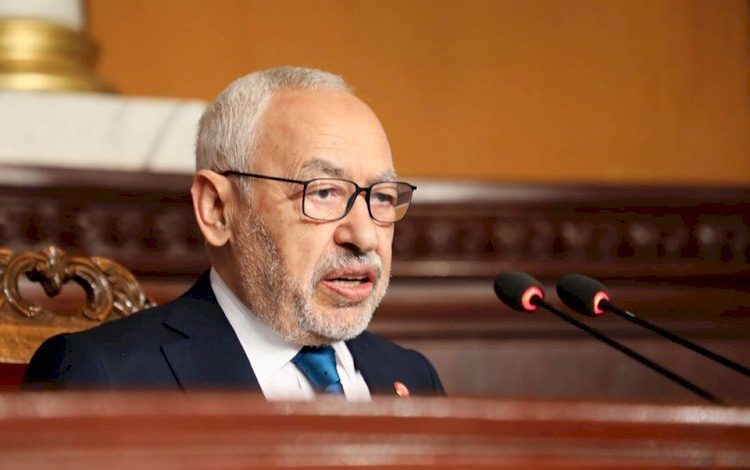Ennahdha’s Vice President’s Prison Sentence Disrupts the Tunisian Brotherhood

After the 2011 revolution, Tunisia saw a large number of jihadists, estimated to be in the thousands by international organizations, go to fight in hotbeds of tension in Syria, Iraq, and Libya, and Ennahdha was heavily criticized for facilitating their travel to these countries while in power, which the movement denies.
Ennahdha terrorism
Under the Ennahdha-led troika from 2011 until 2013, Tunisia experienced chaos and mosques became a mecca for militants inciting young men to leave the country to fight in Libya and Syria.
In 2011-2014, Salafi jihadists represented a part of the Tunisian political and popular scene, sweeping through the public space in costumes and appearances that were alien to Tunisians and more akin to Afghani.
Ennahdha vice president jailed
Tunisia’s anti-terrorism court has sentenced Ennahdha’s vice president and former interior minister, Ali Laarayedh, to prison over the case of Tunisians traveling to terrorism hotbeds, in which Brotherhood leader Rached Ghannouchi is implicated.
Attorney Enas Harith said in a post on her Facebook page that the Investigating Governor of the Judicial Bureau 12 of the Anti-Terrorism Law, decided to issue a deposit warrant against former Prime Minister Ali Larayedh, in relation to the extradition file.
The decision of the investigating judge in Larayedh prison comes after hours of questioning in the second session of this file, as he was heard by the public prosecution in a first session last September 20th, after which he was retained and then released and kept pending investigation.
Larayedh served as interior minister from 2011 to 2013 and prime minister from 2013 to 2014, a period when extremist networks were active and growing.
Terrorist operations
Oussama Aouidet, a Tunisian political analyst, says that Tunisia has witnessed several terrorist operations that Ennahdha has been involved in, which have claimed the lives of dozens of soldiers and security personnel. These have been characterized by extremist attacks on opponents and artists, as well as the assassinations of opponents Chokri Belaid and Mohamed Brahmi.
The Tunisian political analyst added that the issue of youth infiltration of terrorist hotbeds is of interest to the public opinion, especially in light of those involved, especially the leaders of the Ennahdha Movement, Rached Ghannouchi, and Habib Ellouze, along with former MP and businessman, Mohamed Frikha, and security commanders who previously assumed responsibilities in the Ministry of the Interior during the period of the troika rule led by Ennahdha Movement between 2011 and 2014.
Ennahdha has been implicated in suspicion of sending young people to hotbeds of tension and terrorism outside the country through mosques and associations during its rule from 2011 to 2014, he said.
The investigation into this file follows a complaint filed by former parliamentarian Fatima al-Masdi in December 2021 before the military judiciary about politicians, security officials, associations and imams being behind the networks of young Tunisians traveling to Syria to fight with terrorist groups, before being transferred to the anti-terrorism judicial branch because of the presence of civilians among the defendants.












